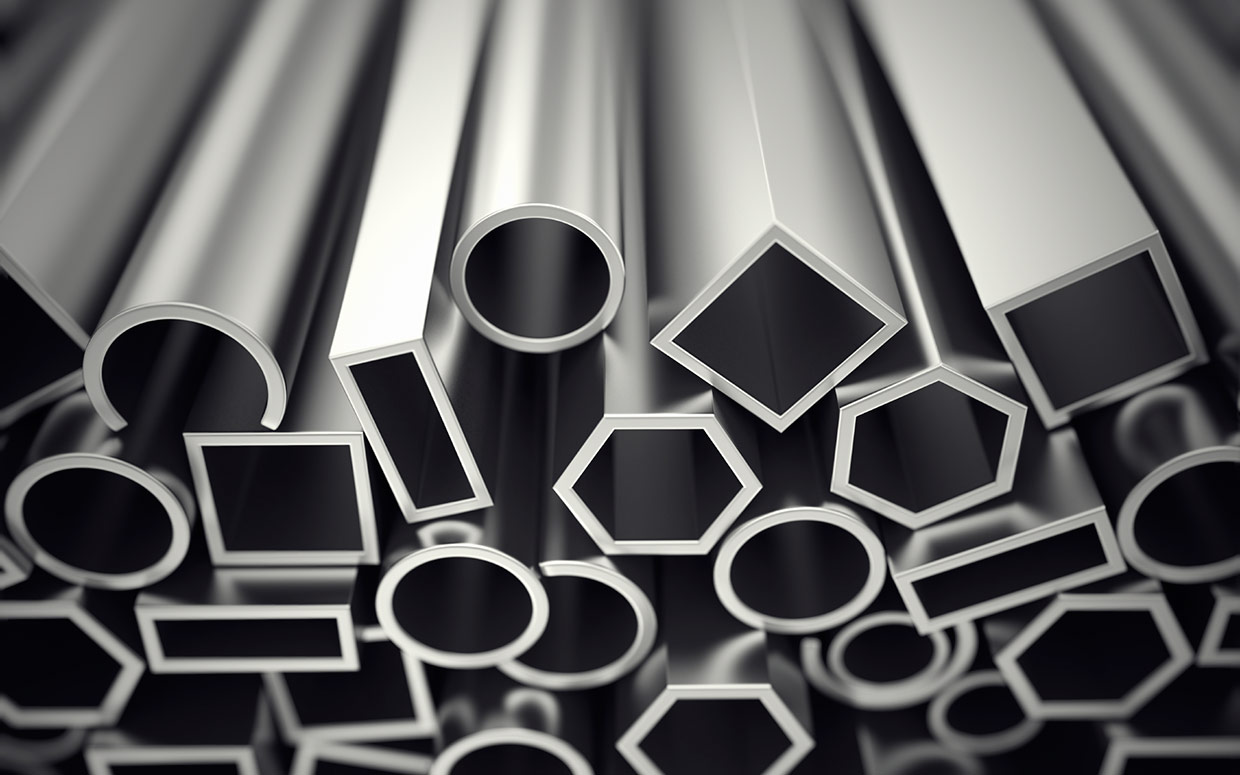US-EU: next stop to solve aluminium tariffs question

The US truce with the European Union will “immediately resolve” the US steel and aluminum tariffs and the EU retaliation at the center of the costly trade row, US Treasury Secretary Steven Mnuchin said Thursday.
But the details of the ceasefire brokered by US President Donald Trump and European Commission chief Jean-Claude Juncker at the White House on Wednesday remain unclear and subject of differing interpretations.
The punishing US metals tariffs angered Washington’s major trading partners including the EU and sparked retaliation against important American exports, spooking global stock markets.
Mnuchin made clear the primary source of the aggravation would be addressed “very quickly.”
“The first issue that we’ll begin negotiating is … the issue on the steel and aluminum tariffs and retaliatory tariffs,” Mnuchin said on CNBC.
Brussels had hit back at the US over the metals tariffs by imposing duties on more than $3 billion of US goods, including blue jeans, bourbon and motorcycles, as well as orange juice, rice and corn.
Mnuchin also confirmed that the US would not impose threatened auto tariffs — which would hurt dominant German carmakers — while negotiations are ongoing. That would head off the threat of another round of EU tariffs on $20 billion in US exports.
“Phase one will be to immediately resolve those issues so there will be no tariffs in either direction,” Mnuchin said.
The US declared a resounding victory for Trump and his confrontational stance, as Washington appears to have conceded little.
“If we hadn’t had steel and aluminum tariffs, we never would have gotten to the point we are now,” Commerce Secretary Wilbur Ross told reporters. “This is a real vindication of the president’s trade policy.”
The United States and the EU account for about $1 trillion in transatlantic trade, and on Wednesday, the leaders agreed to “launch a new phase” in the relationship and “work together towards zero tariffs, zero non-tariff barriers, and zero subsidies on non-auto industrial goods,” Trump said.
Trump said the EU made a commitment to buy more US soybeans and natural gas, but a European official disputed that characterization.
The joint statement said Brussels and Washington would “work to reduce barriers and increase trade” in a range of products including soybeans, and that the EU “wants to import more liquefied natural gas (LNG) from the United States.”
Trump also won a commitment from Juncker to work together to reform the World Trade Organization to address some of his complaints about China on theft of US technology, the behavior of state-owned enterprises, and overcapacity in steel.
The Republican president has long complained that the WTO has been unfair to the United States, despite the fact the US has won most of the disputes against China and others.
Mnuchin said there were no new developments on the dispute with China, which has been the target of most of Trump’s trade policies.
“I’ve made perfectly clear that any time China is willing to seriously negotiate — and we’re talking about a commitment to reduce the bilateral trade deficit as well as to deal with technology issues — we’re available any time,” he said.
But he also cautioned that the US is watching China’s currency movements for any sign Beijing is manipulating the yuan.

